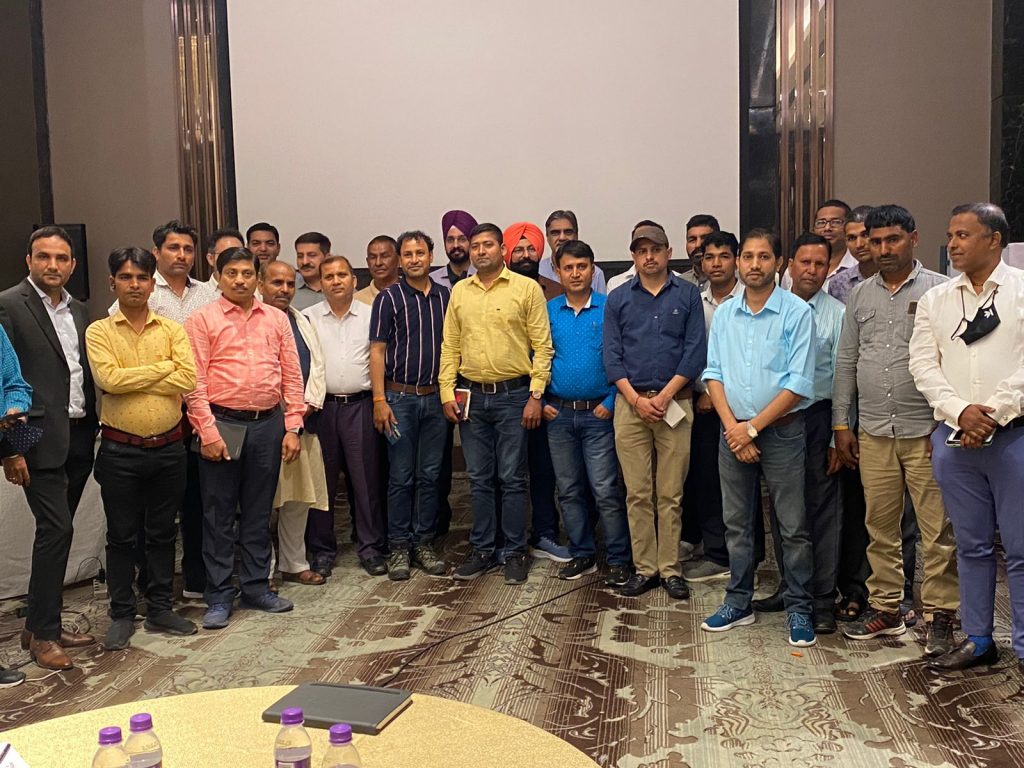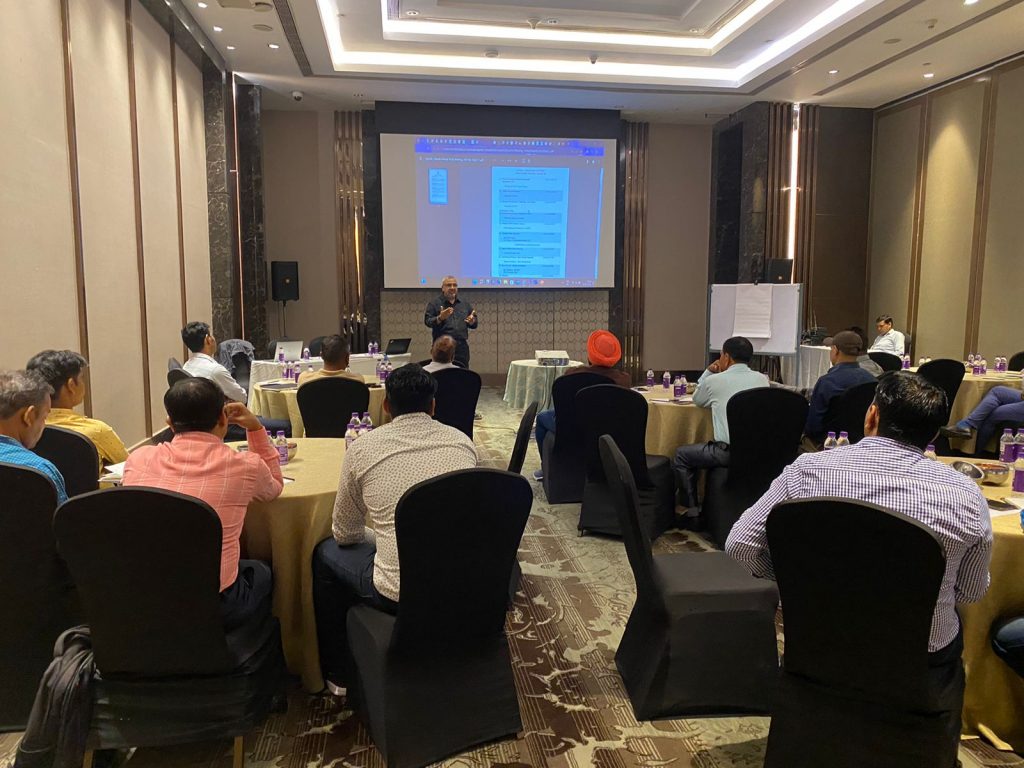Fairtrade Strategy aims to promote sustainable development and reduce poverty through fairer trade. It targets vulnerable and disadvantaged producers, many of whom are severely affected by climate change. Droughts, floods, temperature variability, soil health depletion, and crop diseases are some of the consequences of rising global temperatures. Climate change is a multi-dimensional phenomenon that disrupts not only the environment but also the economic, social, and even cultural dimensions of the lives of producers and their communities.
Fairtrade aims to develop a climate change strategy to help producers adapt to climate change. The strategy intends to focus on the reduction of carbon emissions while recognizing the devastating impacts of climate change and the necessity to develop a more sustainable way of production. The intended impact of the climate change strategy is to secure the livelihoods of the affected producers by enhancing their resilience to climate change (climate change adaptation), by developing sustainable agricultural operations aimed at reducing their carbon footprint (climate change mitigation
In 2021 an agreement was signed between Fairtrade International and Fair Climate Fund for conducting a study on the impact of climate change, its mitigation, and adaptation measures for its producers of 04 crops: Coffee, Tea, Rice & Cotton. The project is being funded by the European Union Commission.
The study will comprises 03 parts:-
- Measuring GHG emission through current agricultural practices and the measures to reduce it (verifiable quantitatively)
- Calculating carbon sequestered for organically cultivated crops (Per Producer organisation) with a view to exploring the possibility of trading carbon credits
- Understanding the existing Climate Change Challenges and suggesting effective adaptive mechanisms.


 The consultation process has helped the producers prepare for the study that will be conducted in 02 phases
The consultation process has helped the producers prepare for the study that will be conducted in 02 phases